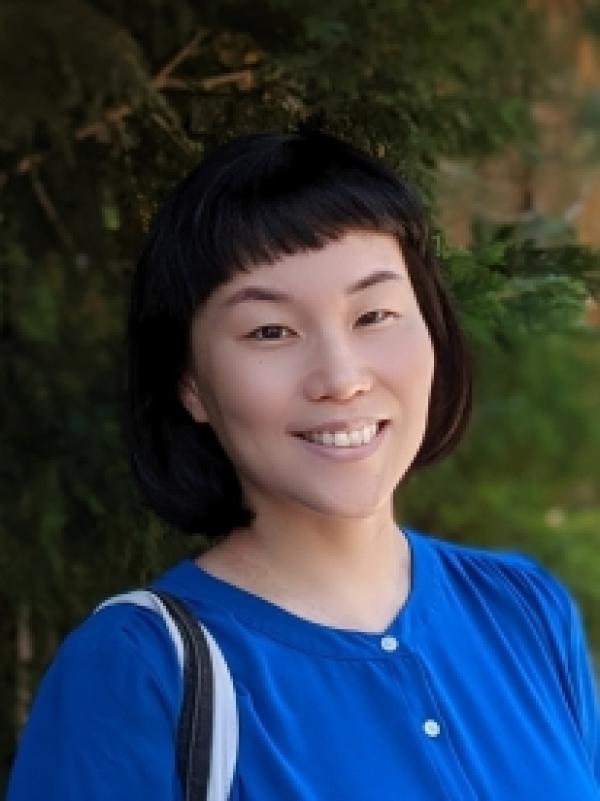My research explores the politics of embodiment (living in and with a body) in Korea and the Korean diaspora from the intersection of performance studies, visual and media studies, queer politics, disability justice, and feminist activisms. I have previously written articles and book chapters on gender and racial politics in multimedia art, photography, K-pop, reality television, and ASMR videos on YouTube.
I am currently completing a book entitled Remedying the Body: Plastic Surgery and the Politics of Embodiment in Korea, which examines the cultural discourses of plastic surgery in South Korea from the postwar 1950s to the 2020s through the framework of remedy. Loosely translated from the Korean term koch'ida (“to heal, fix, or mend”), remedy is a term I use to refer to a broad spectrum of medical interventions that are performed with the aim of changing the bodily appearance—and by proxy, the psyche. A remedy promises to alleviate, relieve, make better, heal, or cure a broad range of conditions including disease, disability, and psychological pain. In the medical realm, remedy pertains to the domain of plastic surgery, which can encompass cosmetic, reconstructive, and gender-affirming surgeries. It is, however, much more than medical treatment alone; this book contends that remedy is also a critical cultural ethos, a social performance of subjectivity, and a material practice of embodiment where state biopolitics and individual desire for belonging are inextricably entangled.
One of my book’s central arguments is that remedy holds out the ableist promise of future betterment while simultaneously creating and amplifying crises in the present. Remedying the Body substantiates this argument through a performance studies framework that incorporates archival and ethnographic methods, and draws on a wide range of case studies from print journalism, film, visual art, digital media platforms, to street protests.
Penn East Asian Languages and Civilizations

